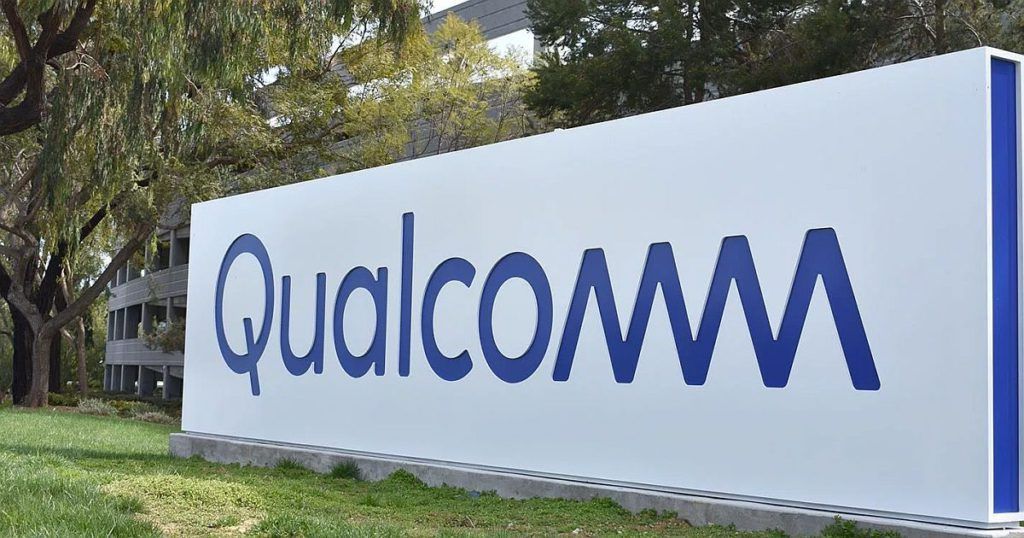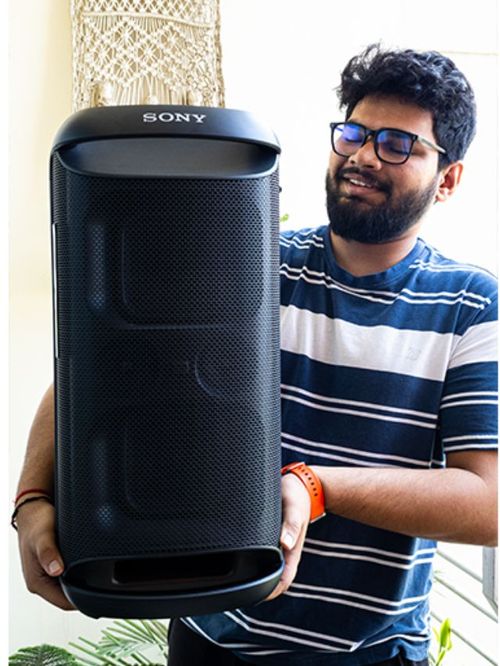
Apple’s A17 Pro chipset on the iPhone 15 Pro is one of the first 3nm processors in the consumer markets. The Android smartphone segment has not yet entered the 3nm ring, as the latest flagship chipsets of Snapdragon 8 Gen 3 and Dimensity 9300 are still using a 4nm architecture.
Latest reports suggest that Qualcomm and MediaTek are now gearing up to launch 3nm chips with TSMC. It looks like both chipmakers are leaning towards TSMC instead of Samsung for their upcoming 3nm processors. Samsung’s silicon fabrication has been previously criticized for inefficiency and heating issues.
TSMC Gets Massive Orders for 3nm Chips From Qualcomm and MediaTek
According to China-based publication Business Times, TSMC has reportedly received huge orders from multiple vendors These include Apple, Qualcomm, MediaTek, Google, and even Microsoft. Apple is already sourcing its latest 3nm-based A17 Pro chip from TSMC, while Qualcomm and MediaTek are in the process of developing them.
A few weeks back, MediaTek announced a new 3nm chipset in collaboration with TSMC. The company said that these new processors are up to 18% faster and 32% more power efficient as compared to current 4nm chipsets. Although the company did not reveal the name of this chip, it is more likely to be the upcoming Dimensity 9400 processor.
Qualcomm has also lined up to secure 3nm production batches at TSMC. The upcoming Snapdragon 8 Gen 4 is expected to use the latest 3nm architecture. Previous reports suggested that Qualcomm was expected to source 3nm chips from both TSMC and Samsung, but it looks like the company is now leaning more towards TSMC.
As of now, TSMC has a manufacturing capacity of around 70,000 silicon wafers per month on the 3nm architecture. The number is expected to rise to 1,00,00 by next year. Note that several hundred chipsets can be produced from a single wafer. Hence, these numbers refer to a total chip manufacturing capacity that is estimated in millions.
Qualcomm Does Not Trust Samsung’s Architecture

For reference, Qualcomm used Samsung’s 4nm architecture for the Snapdragon 8 Gen 1 chipset. However, the processor turned out to be a disaster for the Android market as it had severe heating issues. Devices with the Snapdragon 8 Gen 1 chipset had thermal throttling and lacked efficiency.
Qualcomm was so unhappy with Samsung, that it had to launch a new processor named Snapdragon 8+ Gen 1, but this time it made it through TSMC’s 4nm architecture. The new chip turned out to be a success and eliminated all thermal issues from the Snapdragon 8 Gen 1.
Furthermore, Qualcomm continued to use TSMC for its following Snapdragon 8 Gen 2 chipset as well. Even this year, the latest Snapdragon 8 Gen 3 is still made on TSMC’s 4nm architecture instead of Samsung.
It is clear that Qualcomm is not trusting Samsung’s foundries for its flagship-grade chipsets.
Samsung Yet To Recieve Major Orders For 3nm Chips

Samsung already has the technology and infrastructure for manufacturing 3nm processors. However, SamMobile reports that the company has not received any major orders for 3nm chipsets yet.
The chip manufacturing business contains very few players. Considering that Qualcomm and MediaTek have already shown their interest in TSMC’s foundries, it looks like no other major player is left in the industry to utilize Samsung’s resources.
Samsung is said to be developing a new transistor design called GAA (Gate All Around), which could be more power efficient than TSMC’s FinFET process that is currently used in its 3nm chips. AMD could use this new architecture for some of its chips, but the deal has not been finalized yet.
Samsung is heavily investing in its chip manufacturing business. The company aims to overcome TSMC to become the top chip maker in the world. Samsung is also said to be working on its dream chip, possibly the Exynos 2500 which is expected to be the most efficient processor ever developed by the company.












